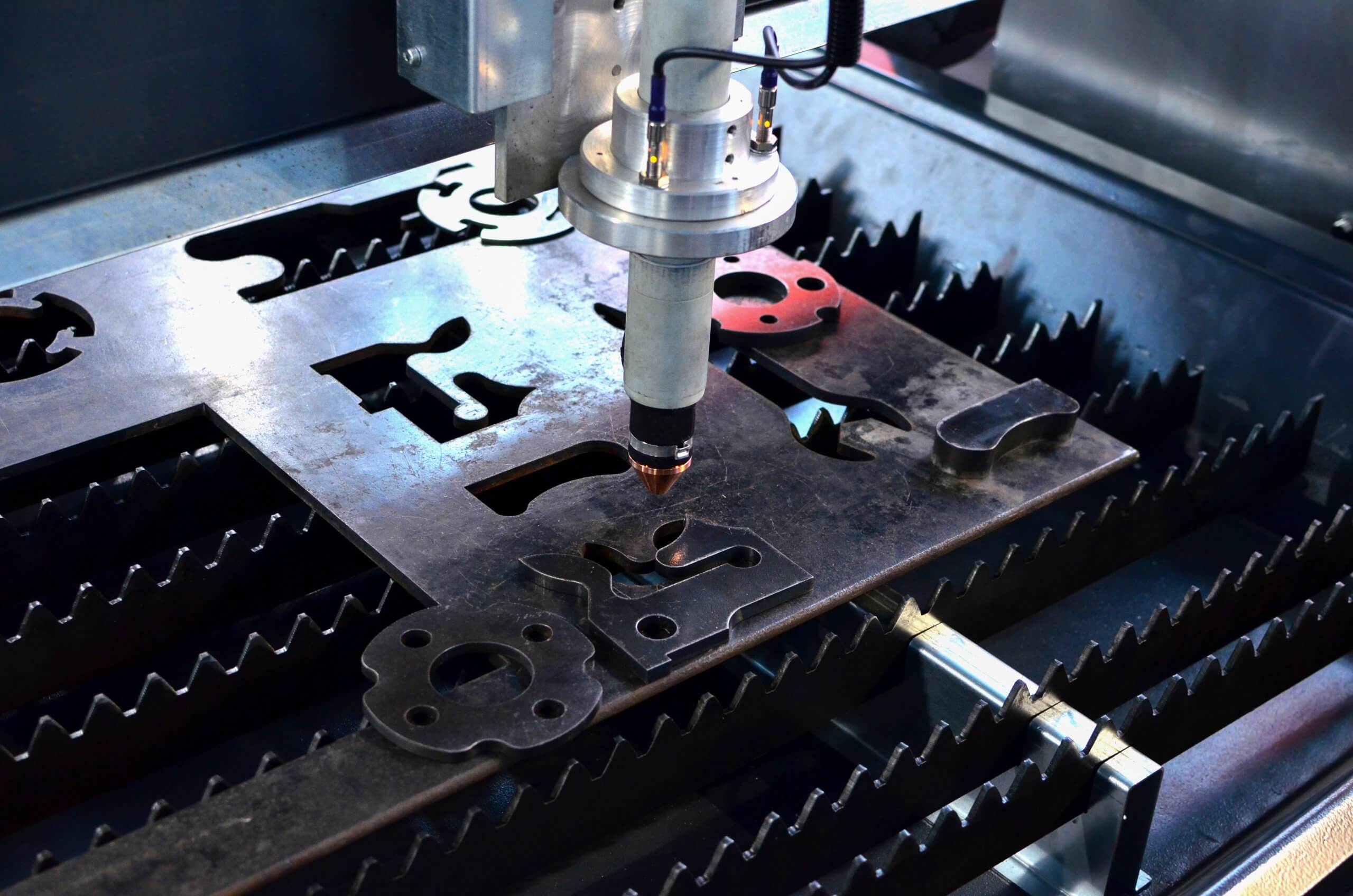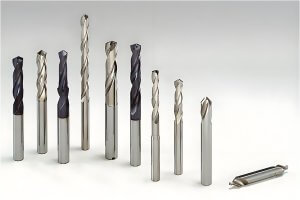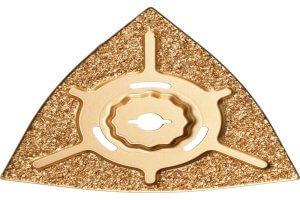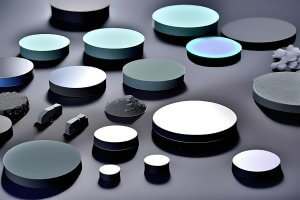Since its beginnings in the 1860s, the automotive industry has built itself on continuous innovation and technology advancements. One of the most significant drivers of these innovations is the progress in manufacturing techniques, particularly CNC machining and sheet metal processing. These technologies are pivotal in the transformation and modernization of auto-making processes.
Historical Milestones in Automotive Manufacturing
In 1913, Henry Ford revolutionized the automotive industry with the introduction of the first moving assembly line, making mass-produced vehicles accessible worldwide. This breakthrough laid the groundwork for the automotive sector’s ongoing commitment to producing high-quality, precision auto parts.
In recent years, advancements in design, robotics, and manufacturing processes have significantly increased the automation of automotive machining. These advancements have led to notable improvements in vehicle design, performance, and manufacturing efficiency.
Advantages of CNC Machining for Automotive Applications
CNC machining has become increasingly popular in the automotive industry due to its numerous benefits, including speed, automation, repeatability, precision, and customization. Here are some of the key advantages:
Production Speed CNC machining offers rapid production times for medium to high production volumes, significantly faster than traditional machining methods. Its automated nature eliminates lengthy, labor-intensive manual processes, optimizing run times and enhancing efficiency.
Automation Automation is a significant advantage of CNC machining, streamlining the automotive manufacturing process. Robotic arms can assist in removing finished parts, allowing workers to focus on design and innovation.
Repeatability The computer-controlled nature of CNC machining ensures consistent part production, crucial for maintaining quality standards across batches. This consistency is essential for the automotive industry, where uniformity and reliability are paramount.
Precision CNC machining achieves tight tolerances, vital for manufacturing engine components and other critical parts. This precision ensures high-quality, reliable auto parts and supports the production of complex vehicle components.
Customization While CNC machining may not offer the same level of customization as additive manufacturing, it still allows for the production of customized parts with short lead times. This capability is beneficial for both one-off projects and small production volumes.
Sheet Metal Processing in the Automotive Industry
Sheet metal processing is another crucial manufacturing technique in the automotive industry. It involves cutting, bending, and assembling metal sheets to create various vehicle components. Here are some key applications and benefits of sheet metal processing:
Body Panels Sheet metal processing is extensively used to produce body panels for vehicles, including doors, hoods, roofs, and fenders. These parts require precise shaping and durability, which sheet metal processing can efficiently provide.
Chassis Components The chassis of a vehicle is its structural backbone, supporting various systems and components. Sheet metal processing is essential for manufacturing chassis components, ensuring they meet the required strength and stability standards.
Exhaust Systems Sheet metal processing is used to produce exhaust systems, which require precise cutting and bending to ensure proper fit and function. The durability and corrosion resistance of sheet metal make it ideal for this application.
Heat Shields Heat shields protect various parts of the vehicle from excessive heat. Sheet metal processing allows for the production of customized heat shields that fit perfectly within the vehicle’s design.
Comparison: When to Use CNC Machining vs. Sheet Metal Processing
The decision to use CNC machining or sheet metal processing in the automotive industry depends on several factors, including the part’s complexity, material requirements, production volume, and desired tolerances.
CNC Machining
- Complexity: CNC machining is ideal for parts with intricate designs and tight tolerances, such as engine components, transmission parts, and custom prototypes.
- Material Variety: CNC machining can handle a wide range of materials, including metals, plastics, and composites, making it suitable for various automotive applications.
- Precision: When high precision is required, CNC machining is the preferred choice, ensuring parts meet exact specifications.
- Prototyping: CNC machining is excellent for rapid prototyping, allowing for the production of functional prototypes for testing and validation.
Sheet Metal Processing
- Large Panels: Sheet metal processing is better suited for large, flat components like body panels and chassis parts, where precise bending and cutting are required.
- Production Volume: For high-volume production of large parts, sheet metal processing is often more efficient and cost-effective.
- Durability: Sheet metal processing is ideal for components that need to withstand significant stress and environmental conditions, such as chassis components and exhaust systems.
- Custom Shapes: When large parts with custom shapes are needed, sheet metal processing can quickly and efficiently produce the desired components.
Prototyping Applications in the Automotive Industry
CNC machining is invaluable for both prototyping and production in the automotive industry. It enables the creation of high-quality, functional prototypes for testing and validation before mass production. The process is suitable for a wide range of materials, making it ideal for producing metal or plastic parts for various automotive applications, including under-the-hood components and interior design features.
For example, CNC machining can rapidly prototype lighting components using clear acrylic materials. It also facilitates the development of new car models by producing high-quality functional prototypes for performance testing.
Production Applications of CNC Machining
Beyond prototyping, CNC machining is crucial for producing numerous automotive parts, such as:
Interior Panels CNC machining can manufacture precise interior components, such as dashboard panels, ensuring perfect alignment of cutouts for gauges and indicator lights.
Starter Motors The precision and complexity of CNC machining optimize the production of starter motors, enhancing performance, durability, and reliability.
Cylinder Heads In the automotive and motorsport industries, CNC machining produces engine blocks and cylinder heads from solid aluminum blocks, benefiting limited runs or customized engine models.
Drive Axles CNC machining produces precision parts for drive axle mechanisms, such as hypoid gears and bevel gears, critical for vehicle movement and steering.
Gearboxes CNC machining ensures high precision and efficiency in producing gearbox components, including shafts and gears, essential for vehicle transmission systems.
Custom Parts OEMs can utilize CNC machining to produce customized components or rare replacement parts, particularly useful in vintage car restoration.
CNC vs. 3D Printing for Automotive Applications
The automotive industry employs various digital manufacturing technologies, including CNC machining and 3D printing, each offering unique benefits. CNC machining, a subtractive process, removes material from a solid workpiece, producing durable, reliable car parts. In contrast, 3D printing, an additive process, builds parts layer by layer, providing a high-speed alternative for creating lightweight, customized parts.
For instance, CNC machining is ideal for producing sturdy interior panels from various materials, while 3D printing offers rapid prototyping capabilities. Some parts, like brake components, can be made using either technology, depending on specific project requirements.
want.net CNC Machining and Sheet Metal Processing Services
At want.net, we offer comprehensive CNC machining capabilities, including three, four, and five-axis machining, along with advanced sheet metal processing services. Our broad range of materials includes aluminum alloys, steel, titanium, plastics, and more. Leveraging our expertise and extensive manufacturing network, we deliver high-quality automotive components in as little as three days.
Our capabilities range from single-run prototypes to large-volume manufacturing, ensuring precision and quality control for every part produced. We accommodate extra-fine tolerances down to +/-0.01 mm for complex interlocking systems, ensuring a tight fit.
We guarantee quality through various control techniques, including technical assessments, material verification, on-machine inspection probes, in-process quality control, and first-article inspection. Full-dimensional inspection reports are available on request, all at competitive prices.
In summary, both CNC machining and sheet metal processing are critical to the automotive industry’s manufacturing processes. Each technology offers distinct advantages, and their combined use ensures the production of high-quality, reliable, and innovative vehicle components. With continuous advancements, the future of automotive manufacturing looks promising, further enhancing vehicle design, performance, and efficiency.
Other Articles You Might Enjoy
- CNC Machining: Tig vs Mig Welding, Sheet Metal Fabrication Techniques( cnc machining services china Virginia)
In the world of custom fabrication and CNC machining, different techniques are used to achieve the desired results and product design. Among these processes, welding is one of the most…
- Exploring Bead Blasting in CNC Machining(bending sheet metal Penny)
Bead blasting is a process often used in CNC (Computer Numeric Control) machining to provide finished components with an aesthetically pleasing, uniform texture. As technology continues to advance, precision and…
- Unlocking the Potential of Bead Blasting in CNC Machining(bending sheet metal Vita)
CNC machining, an acronym for Computer Numerical Control machining, refers to a manufacturing process mainly used in industries involving complex cutting tasks. This sophisticated method utilizes computerized controls and machine…
- Using CNC Machining to Fabricate Lightweight Metal and Remove Chrome From Metal( cnc machining services china Dana)
CNC (Computer Numerically Controlled) machining is an essential process in the manufacturing domain. With its precision, adaptability, and extensive applications, many industries rely on it for fabricating highly complex parts…
- Efficient CNC Machining of Lightweight Metal and Chrome Removal( cnc machining services china Atwood)
Computer Numerical Control (CNC) machining is a modern manufacturing process used in various industries, frequently dealing with lightweight metals or needing to remove chrome from metal surfaces. This article will…
- From Vision to Reality: CNC Machining for Custom Furniture Design
Introduction to CNC Machining in Custom Furniture Design The advent of computer numerical control (CNC) machining has revolutionized the field of custom furniture design, allowing precise and intricate patterns to…






